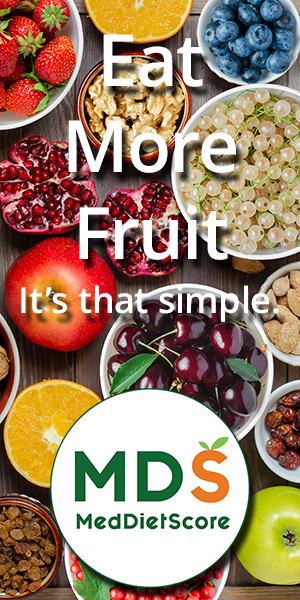Healthy Cooking Columns
Eggs Aren’t A Problem
Back in the 1970’s and 80’s eggs got a really bad rap – and not for very substantial reasons. Much of what happened in the late 1960’s that laid the groundwork for the egg’s poor reputation wasn’t based on sound science, but over the last 30 years research has shown that for most people, dietary eggs and cholesterol is not a problem. The truth is that the amount of trans fat and saturated fat in your diet has much more impact on your cholesterol levels – and therefore your risk of heart disease – than the amount of cholesterol you eat.
We do know that there are folks who are considered “hyper-responders” to cholesterol consumption, meaning they have a greater increase in their blood cholesterol after consuming dietary cholesterol (although not a tremendous increase). About 1/3 of us might be more sensitive. (Am J Clin Nutr 1985;42:42 1-431)
Even so, in large studies looking at cholesterol consumption (especially eggs) it doesn’t seem to matter all that much.
As far back as 1999 there was strong evidence that eggs were not an issue. Dr. Frank Hu and his colleagues looked at the combined data from two very large studies with over 37,000 participants (JAMA 1999;281(15):1387-1394). Of the 2,626 reported cases of heart disease and stroke, the researchers found no evidence of a link between egg consumption and cardiovascular disease. There conclusion stated, “These findings suggest that consumption of up to 1 egg per day is unlikely to have substantial overall impact on the risk of CHD or stroke among healthy men and women.” When they looked at diabetics, there was some suggestion that diabetics might be at a higher risk with egg consumption.
There are also reports providing evidence that having eggs as part of a calorie restricted diet resulted in improved weight loss (both regular and low-carb diets). These are small studies but appear effective (Int J Obesity (2008) 32, 1545-1551).
A recent study addressed eggs and heart disease, high blood pressure as well as congestive heart failure (Circulation 2008;117: 512-516). Researchers separated participants’ egg consumption into 6 levels: <1 per week, 1 per week, 2-4 eggs per week, 5-6 per week, 1 daily, and 2 or more eggs per day. Those levels of egg consumption were correlated with that of the subjects who experienced heart failure, heart attacks, or high blood pressure.
They found that after controlling for a number of variables, including Body Mass Index, physical activity and smoking, those subjects eating less than 6 eggs per week saw no increase in their risk of heart failure. On the other hand, those who ate an egg every day had a 28% increase in their risk of heart failure, and those who ate 2 or more eggs per day increased their risk by 64%.
Further, when the researchers looked at the smaller group of subjects who provided cholesterol levels, they found no association between the number of eggs the subjects ate and their total cholesterol, HDL cholesterol, or ratio of total cholesterol to HDL cholesterol.
Eggs are pretty good for you, but as the old saying goes, too much of a good thing is too much of a good thing. This doesn’t mean you should eat eggs every day, but at the same time they appear unlikely to do you much harm in moderation (as with most foods). Better to look at the amount of fat and saturated fats in your overall diet than to obsess over how many eggs you eat.
Relax and enjoy your eggs without guilt!
Here are some healthy egg recipes for you to use to enjoy your guilt-free eggs:
Healthy Egg Salad
Curried Egg Salad | Low Sodium Version
Egg Salad with Olives
Egg Salad with Roasted Onion
Eggs Benedict
Polenta and Eggs
Scrambled Eggs
Eat Healthy
Eating healthy is easy and less expensive than most people think.




